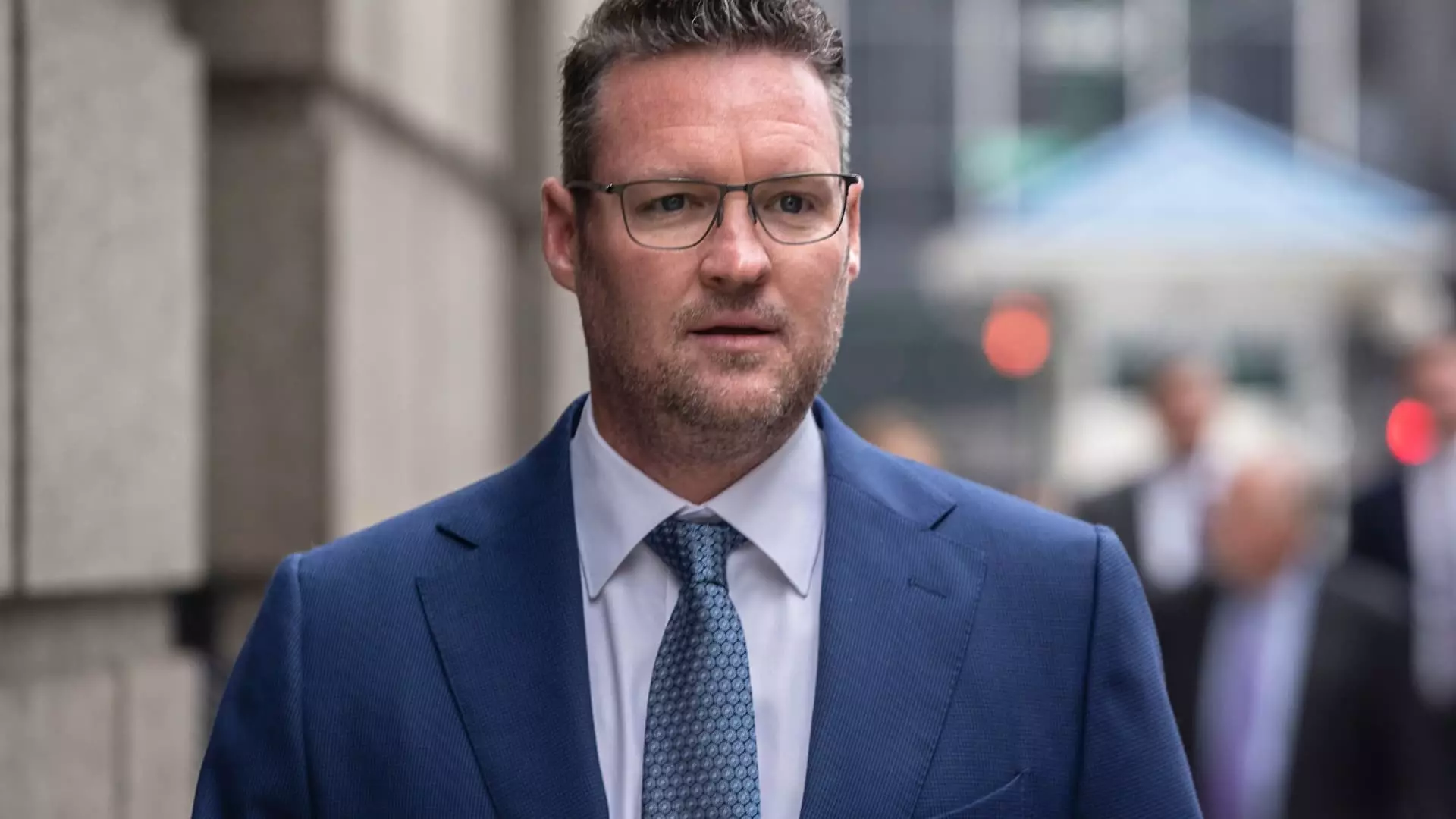The recent pardon of Trevor Milton, founder of Nikola Corp., by former President Donald Trump raises serious questions regarding the integrity of our justice system. This event isn’t merely about one individual being absolved of guilt; it symbolizes a worrying trend where high-profile figures found guilty of serious fraud can escape accountability through the machinations of political allegiance. Milton was not just fined. He was convicted of defrauding investors, leading to substantial financial ruin for countless individuals who believed in the company’s promise of revolutionary electric and hydrogen-powered vehicles. The implications for justice are profound and unsettling.
The former CEO’s statements post-pardon reveal the extent to which he views this as vindication of his dubious practices rather than as an acknowledgment of the pain and loss suffered by the many individuals he misled. When Milton stated, “they can’t destroy my family,” one can’t help but wonder about the families devastated by his fraudulent actions. By painting himself as a victim, Milton overshadows the real victims of his fraudulent claims, many of whom likely saw their life savings evaporate due to his misleading statements.
The Political Calculus Behind the Pardon
Milton’s substantial political contributions, totaling over $2 million—predominantly directed toward Republican campaigns—raise serious ethical concerns about quid pro quo behavior in American politics. It is hard to overlook the timing and the implications of his donations and subsequent pardon. Politicians should be beholden to the electorate that they serve, not the ebb and flow of major monetary contributions from individuals seeking favors. The apparent convergence of financial power and political influence in this scenario reflects a concerning erosion of accountability and integrity within the political framework.
The cozy relationship between Milton and Trump raises eyebrows, especially when one considers the broader ramifications for justice in America. Pardon practices, when exercised liberally among powerful allies, threaten to perpetuate a culture where the justice system operates differently for the wealthy and politically connected. Such a reality casts a long shadow of doubt on the legal system’s fairness, fostering a collective disillusionment among citizens who depend on equitable justice.
Where Justice Meets Theatre
Milton’s dramatic announcements of being “free” and declaring that he had been “railroaded” seem less about genuine vindication and more about the performance of innocence. This melodramatic rhetoric serves not just to manipulate public perception but also aligns with the populist narrative pushed by many political figures, including Trump himself, who often paint the justice system as a rigged arena where the “common person” is oppressed by authoritarian institutions. The irony, of course, lies in the fact that Milton, a figure of immense wealth and privilege, claims victimhood while conveniently avoiding the consequences of his actions.
This pattern is all too familiar in today’s political climate—a deliberate framing of narratives where the guilty are portrayed as victims, and the true victims remain voiceless. It erodes public trust and sends a dangerous message that crime can be compensated with political ties rather than remorse or rehabilitation. The spectacle of a rich entrepreneur, who defrauded numerous individuals, appearing to celebrate his pardon while disregarding the adverse consequences of his actions is disheartening.
The Overarching Consequences
The collapse of Nikola Corp. serves as a case study in how rapid financial ascent—triggered by misleading claims—can lead to devastating fallout. Nikola reaching a peak valuation of $30 billion in 2020 only to spiral into bankruptcy illustrates the volatile nature of unchecked ambitions when mixed with deception. The repercussions of Milton’s actions echo through the lives of investors and current employees left grappling with an uncertain future. The company has been criticized for only selling 600 vehicles since 2022, a far cry from its promised innovation, and this failure lurks in the shadows of Milton’s unjustified freedom.
As Milton celebrates his pardon, we must confront the broader implications of his actions and the very integrity of our legal system. If the rich and powerful can circumvent the consequences of their actions through political machinations, what message does this send to the average American? There lies a monumental responsibility on the shoulders of lawmakers and the broader public to demand accountability and ensure that the justice system serves all, not just those with deep pockets who can exert influence. True reform must begin with a reckoning of how power and privilege distort justice, and how we, as a society, can reclaim integrity from the grasp of convenience and corruption.


Leave a Reply